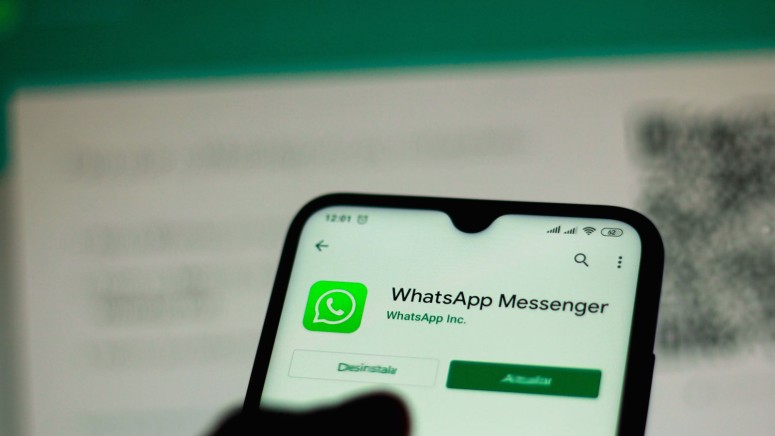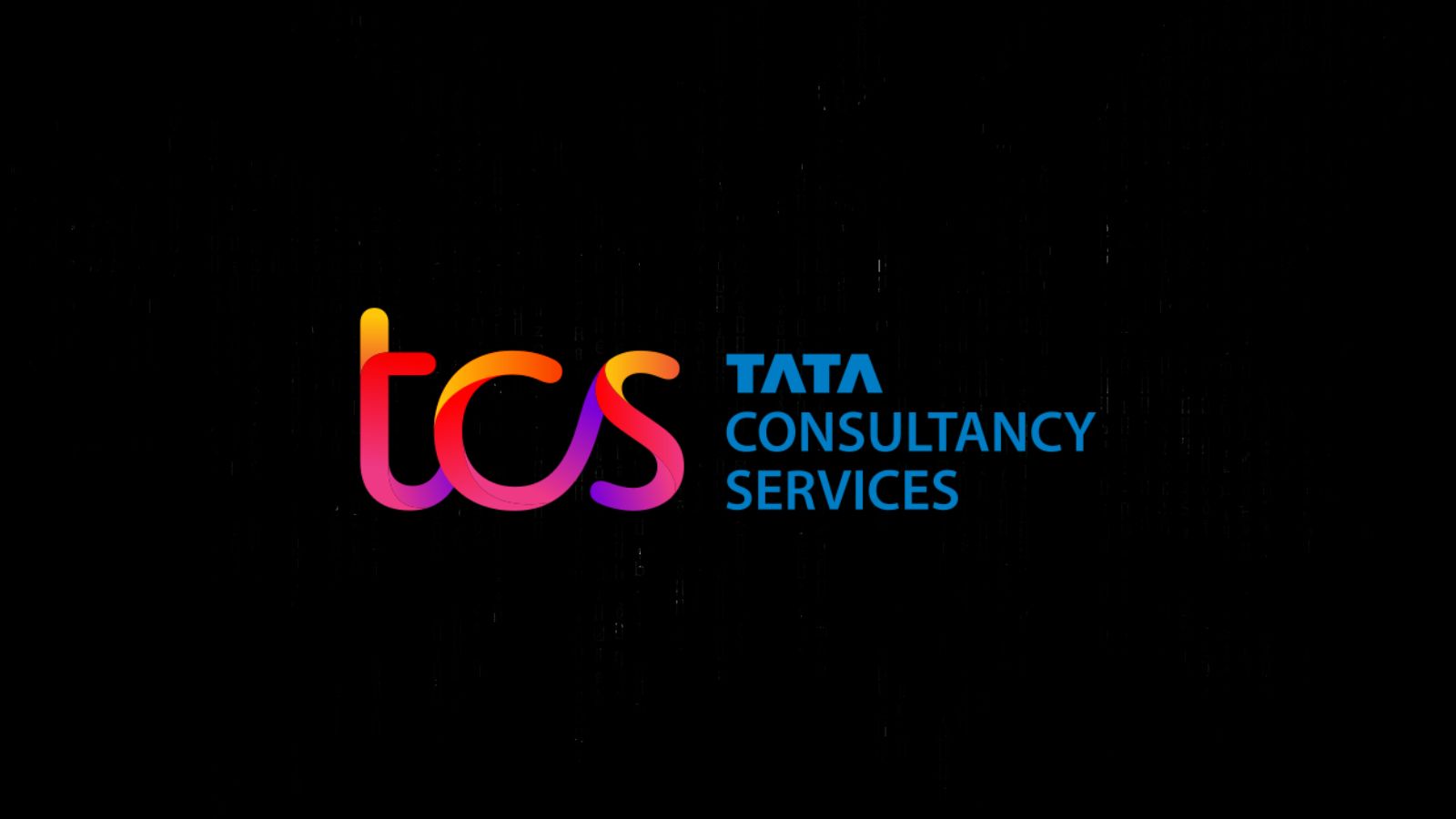
WhatsApp Responds to India’s New Regulation by Suing the Government
- WhatsApp is accusing the Indian government of forcing it to strip privacy protections from its IM product.
- The software communications company says there’s no practical way to find the originator of a message on its platform.
- The matter will be taken to court, as WhatsApp has submitted a lawsuit against the Indian government.
Yesterday, we informed you about the fact that the “Intermediaries Rules” have come into effect, essentially lifting the shroud of identity-hiding over people’s communications that take place on social media and IM platforms. WhatsApp is obviously included in the affected platforms, and their response has come at an admittedly unexpected level.
The IM software is suing the Indian government for forcing them to breach their own privacy policy and running the risk of finding trouble from their hundreds of millions of users for unilateral violations.
The new regulation isn’t asking apps or platforms to reveal the content of the encrypted messages that fly around but rather identify the origin of a message that is determined to be within the scope of what the Indian government calls “inappropriate material.” Typically, that would be underage sexual abuse content. However, as privacy advocates in the country have previously warned, there’s nothing in the loosely defined context of the law preventing the authorities from taking the censorship action further.
WhatsApp, which counts 400 million users in India, finds that unacceptable and also comments that tracing messages is practically impossible if end-to-end encryption isn’t lifted entirely. For them, what the Indian government is asking the software to do is lift all privacy notions.
Also, WhatsApp warns about the possibility of such a system linking messages to false originators, who may have simply re-shared information with others. As such, there can be no reliable mechanism to support the legal prosecution of users, and so implementing it widely would just wreak havoc in the community.
The two entities clashed in the recent past as well - when the Indian IT and Law Minister, Ravi Shankar Prasad, requested WhatsApp to withdraw its privacy policy change that threatened to handle user data directly to Facebook. Back then, the official stated that the sanctity of personal communications needs to be maintained, which is an interesting statement to make considering what followed from the lawmakers’ side.
As for the other affected entities, Facebook said that the provisions look right, but they wish to negotiate some aspects of the new law. Twitter hasn’t made its intentions known yet, so we’ll have to wait and see how the more “renegade” platform will respond to the new rules. And as for the WhatsApp case, it is based on the 2017 “Puttaswamy judgment,” seeking to denounce the new law as unconstitutional and disproportional.











